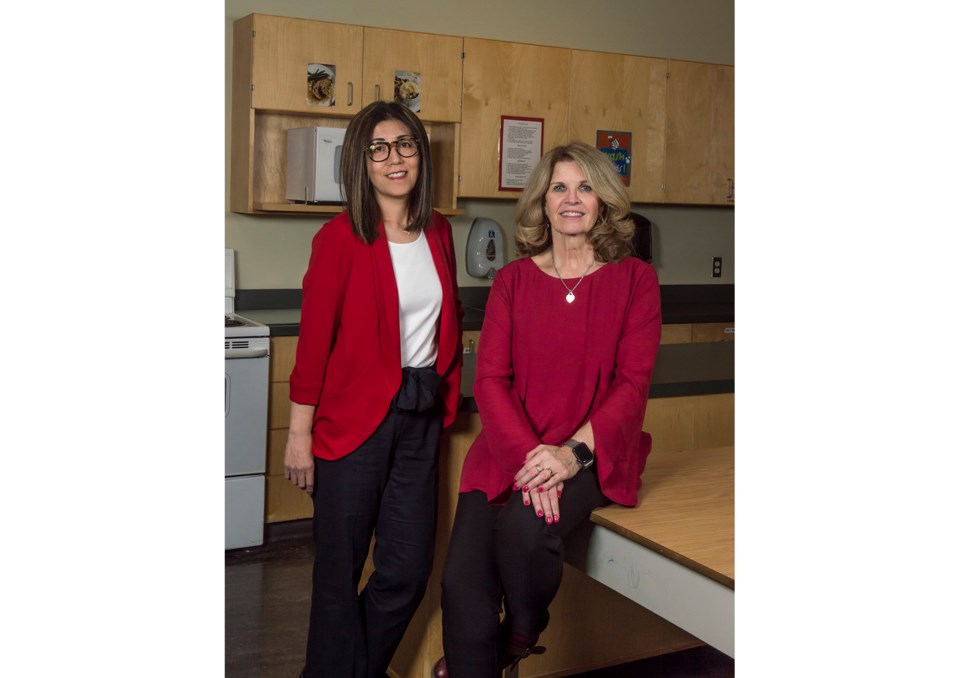“I wanted to teach my students that there was always an alternative to things and I especially wanted to show off the hard work they put into their projects this year.”
Akiko Kato, McMath’s Home Economics teacher, was more than frustrated when the school transitioned to online classes during the COVID-19 pandemic, but it didn’t stop her and her students from launching their online fashion show.
“When (the school’s) fine arts night was cancelled in May, I just couldn’t imagine cancelling the fashion show,” said Kato, adding that it would be the second year she brought the show back to the school.
“Many students were not delighted at the idea because they were shy and didn’t want to show their faces to the camera, but in the end, the students each handed in a video to be put together as one.”
The final result of the fashion show video, said Kato, received a lot of positive feedback from students and parents, and that her class couldn’t have done it without the help of DiAnne Simonson, a fellow home economics teacher.
Kato, who has been teaching at McMath since 2008, said online classes during the first week were “awful” and “complete chaos.”
“My biggest worry was how I was going to teach sewing and cooking to my students since they are hands-on classes,” said Kato.
“I felt like I was working 24/7 and a lot of my students had forgotten their passwords to the online portal, which kept me travelling back to the school to reset them so they could check their school assignments.”
However, the students slowly adapted to the online courses and the sewing and cooking videos, Kato said.
“Students had limited access to materials at home and had to learn to be flexible with what they were making,” she added.
Textiles students were asked to use fabric from old clothes as well as plastic bags to sew their projects, while the foods class had to cook meals for their families using ingredients they had access to at home.
Hania Elheniedy, a Grade 11 textile student, said it was difficult at first to ask for help when she came across a problem.
“It was a lot harder to get support for projects that are so physical, and it’s not like (I) could go up to Ms. Kato for help,” said Elheniedy.
“Although the classes were hard in the beginning, I felt like it was fun at the same time especially working on the online fashion show.”
Meanwhile, Bruce Yang, a Grade 9 foods student, said taking online classes for cooking was interesting and a different experience.
“In class, we have classmates helping each other, but at home doing online classes. You have to do your own research on recipes and watch YouTube videos and email the teacher when you need help,” said Yang.
Home Economics, said Kato, is about learning life skills.
“I hope my students learned skills they can use in the future and that they learned there is a silver lining in every situation.”



